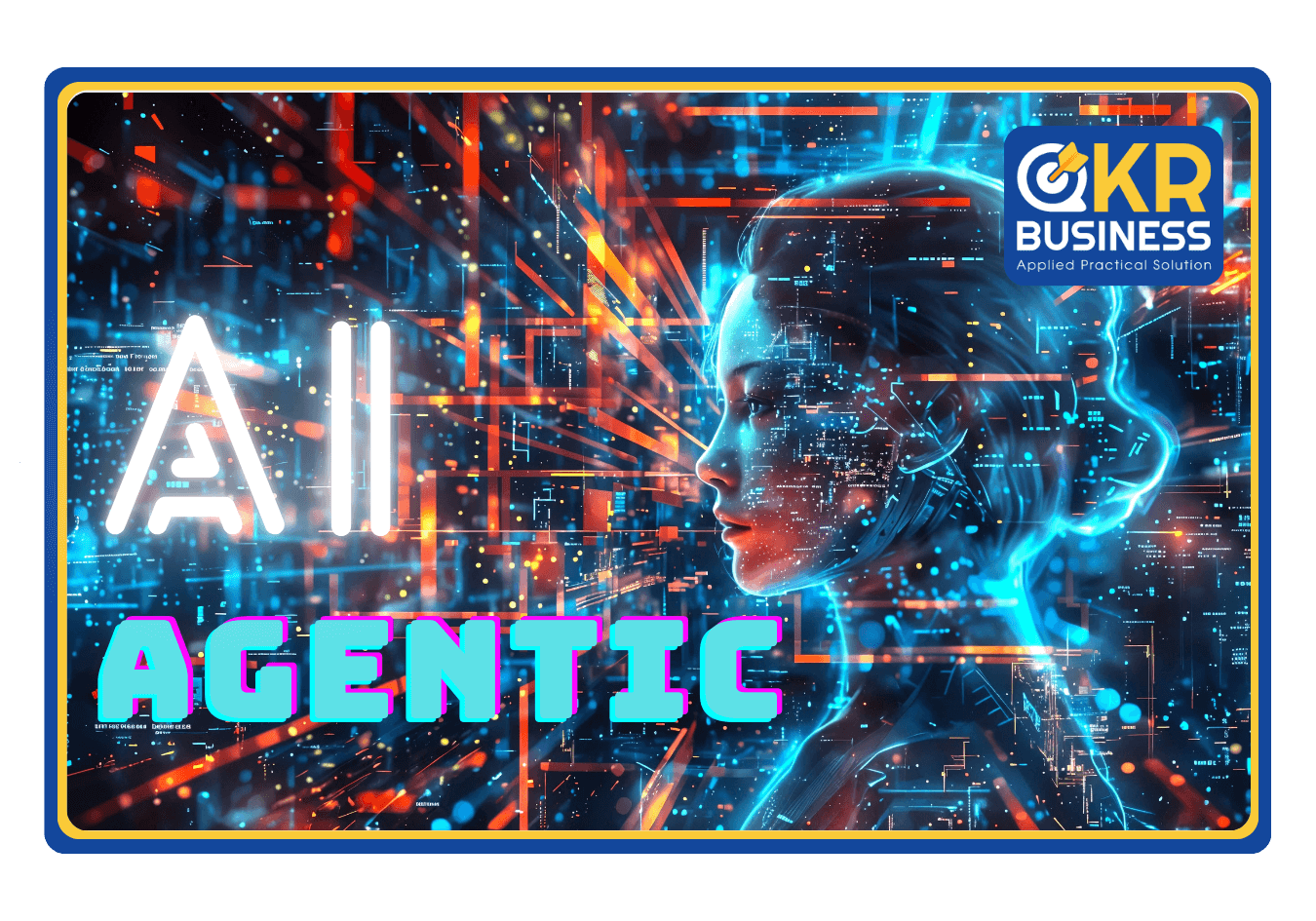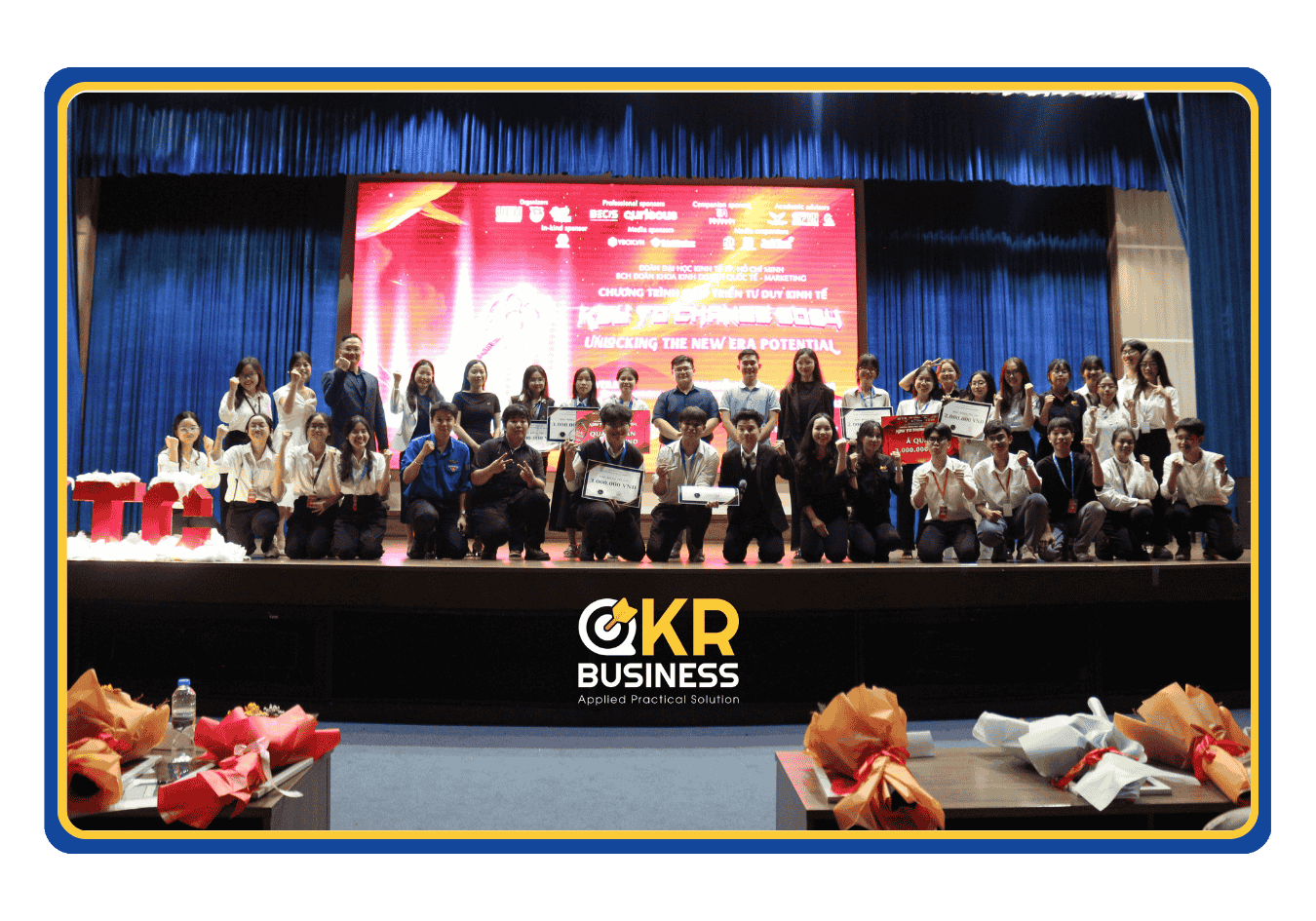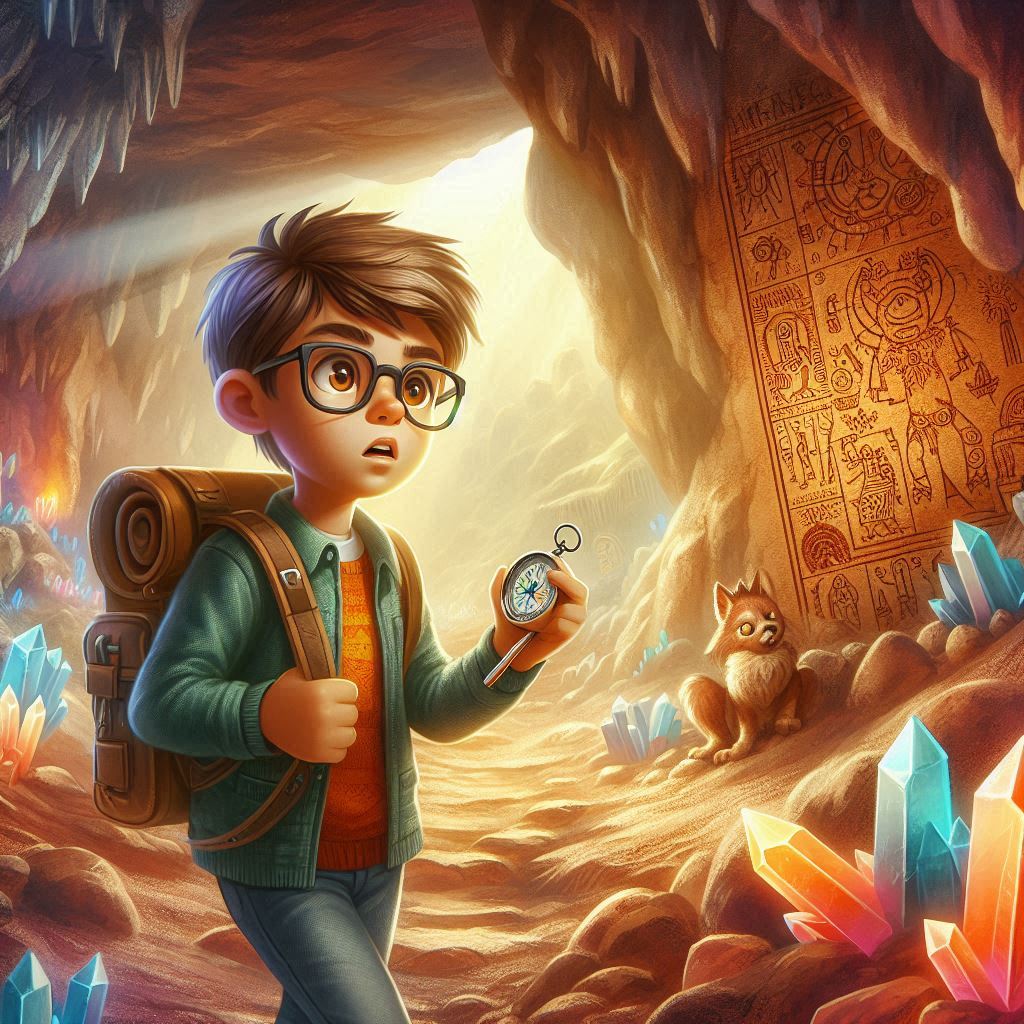Ever dreamed of time-traveling to become an apprentice to a famous figure or a renowned artisan? From learning the art of blacksmithing in the Middle Ages to concocting life-saving potions, and even dodging your current “dark lord” boss? (Okay, maybe let’s skip the boss part.) Just kidding! But did you know that this is actually where the concept of “internship” as we know it today originated?
Internships, those magical tickets to the exciting (and sometimes challenging) world of work, have actually been around for centuries. Of course, in today’s modern world, the evolution of internships has come a long way since the days of armor, jousting tournaments, and tailoring. Let’s take a journey through time with OKR.BUSINESS to see how internships have transformed from medieval apprenticeships to the professional training programs we see today.
From Clicking “Apply” to Actually Learning a Craft
Hundreds of years ago, in the Middle Ages, if you wanted to learn a trade, you didn’t just submit a CV and wait for your phone to buzz. You had to become an apprentice! Imagine it like an intense boot camp, but without the comfy yoga pants and protein shakes. Apprentices lived with their masters, learning everything from the basics of the craft to the finer points of dealing with demanding customers (probably haggling over the price of a suit of armor).
The trades back then were as diverse as hairstyles today: blacksmithing, weaving, shoemaking, and even candle-making (a surprisingly competitive industry in those pre-electricity days). And while life as an apprentice wasn’t always a medieval fairytale, it was the most reliable way to gain practical skills and launch a career at that time.

From apprenticeships with ancient artisans…

…to internships in modern scientific environments today
The Evolution of Internships: From Medicine to the Modern World
Around the 19th century, the apprenticeship model found a new home in the medical field. Future doctors began their own form of apprenticeship, known as medical internships. These early interns spent their days (and nights!) shadowing experienced physicians, learning the art of diagnosis, treatment, and avoiding accidentally poisoning their patients.
Medical internships were crucial for training the next generation of skilled doctors and paved the way for internships to expand into other fields. A prime example is Sir William Osler, known as the “father of modern medicine.” He began his career as a medical intern, and these practical experiences helped him develop innovative teaching and medical practice methods that revolutionized the field.
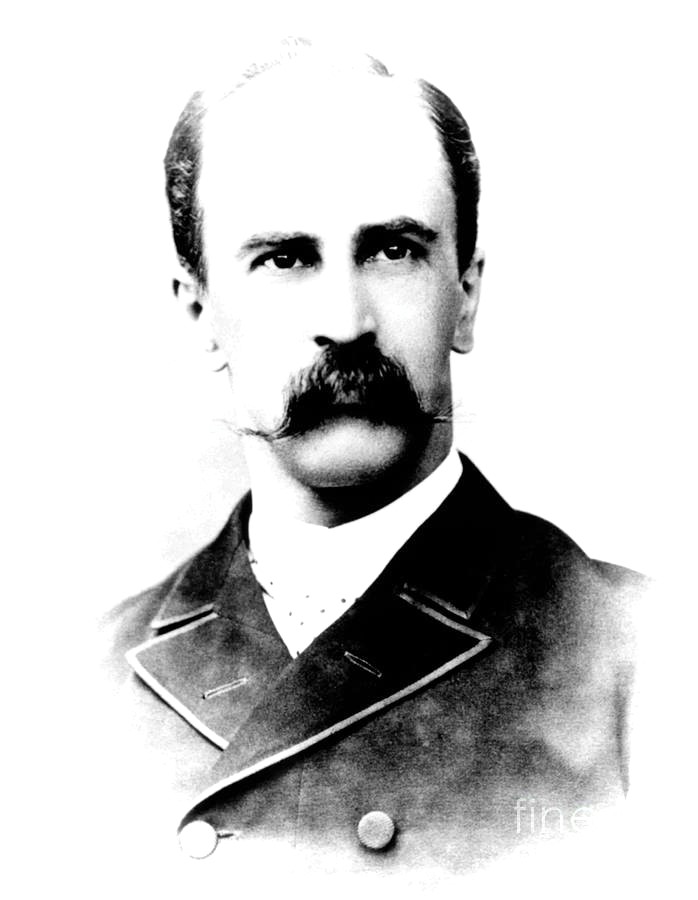
Sir William Osler (1849-1919) was one of the four founding professors of the prestigious Johns Hopkins Hospital
The “Mad Men” Era: Rise of Corporate Internships
By the mid-20th century, businesses recognized the benefits of using interns to train new employees. This was the era of “Mad Men,” where sharply dressed interns fetched coffee, filed paperwork, and learned the ropes of the corporate world.
While the evolution of internships in the early stage of corporate world might not have been as glamorous as they are now (fewer matcha lattes, more manual typewriters), they were still valuable opportunities for young people to gain experience and build professional relationships. In fact, many wildly successful people today started as interns, like Steve Jobs, the founder of Apple, who had a memorable internship at Hewlett-Packard at the young age of 12, which undoubtedly contributed to his later success.
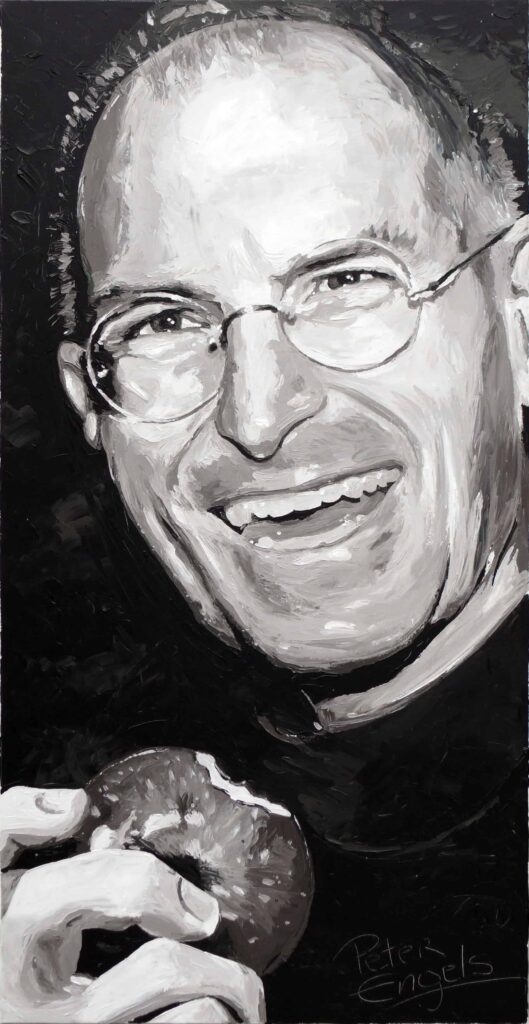
The legendary Steve Jobs interned at Hewlett-Packard at the young age of 12
Internships Today: From Xerox Machines to Zoom
Fast forward to the 1970s, and internships began to integrate into higher education. Colleges and universities recognized the value of hands-on experience and started incorporating internships into their curricula. This was a major turning point, opening up internships to a wider audience and solidifying their role in career development.
Of course, modern internships look very different from their medieval counterparts. Today, interns are more likely to be staring at a computer screen than hammering horseshoes. And thanks to the rise of remote work, many interns are now completing their internships from the comfort of their homes (or, let’s be honest, their beds).
The Future of Internships: Virtual Reality and AI, Oh My!
So, what does the future hold for internships? With advancements in technology like artificial intelligence (AI) and virtual reality (VR), the possibilities are endless. Imagine completing a virtual internship at a tech company in Silicon Valley from your living room in Hanoi!
But no matter how technology evolves, the core purpose through the evolution of internships remains the same: to provide young people with the skills, experience, and connections they need to launch successful careers.

Build a solid foundation for your career and personal development with an internship program
Internships Today: A Real Challenge
However, finding an internship these days is no walk in the park. The search for an internship amidst the “storm” of unemployment is like a treasure hunt, full of challenges and obstacles. Fresh graduates often face sky-high experience requirements, leaving them feeling stuck and lost. Moreover, information about internship programs is not always widely available, making the search even more difficult. Sometimes, you have to compete with hundreds of other applicants just to secure an unpaid internship. It’s a tough battle! But don’t worry, there are always other doors opening and welcoming you.
IEP – A Lifeline for Those Seeking Practical Experience
If you’re struggling to find experience, that’s why IEP – an intensive internship program designed specifically for young Vietnamese people – was born.
At IEP, you’ll gain real-world experience in a simulated business environment, learn from top-notch professionals, try your hand at various roles, and most importantly, accumulate “awesome” experience to confidently conquer the job market. Sounds tempting, doesn’t it?
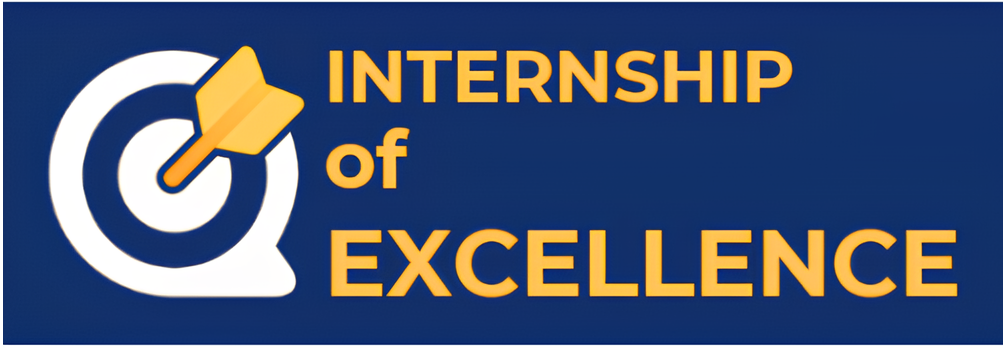
IEP – Kickoff your excellent career development
Whether you’re just starting your career journey, remember that the process of learning and growing is what truly matters. Be open to job opportunities, soak up knowledge, and don’t be afraid to ask questions (even if they seem silly). Who knows, your internship might just be the first step towards a successful and fulfilling career, just like those who have achieved success from internships, such as Steve Jobs or Sir William Osler.
And remember, even if you don’t become a renowned healer or the genius inventor of the next smartphone, you’ll still have amazing stories to tell your friends and family about how you learned, grew, and developed your potential with pride!


